Season 2, Ep 13: The Race Equity Architect: Nikki Lanier’s Blueprint for Organizational Change
“We’ve inherited a narrative,” says today’s guest Nikki Lanier, “that Black and Brown people matter in certain contexts and White people matter almost all the time, and we don’t realize how much of that plays out subtly at work.” As Founder and CEO of Harper Slade, a strategic advisory firm dedicated to helping people of color thrive in the workplace, Nikki works to reset how humans engage with one another in the workplace by unearthing, challenging and transforming deep-seated beliefs around race. Through conversations, and using a Racial Equity Index, she diagnoses and addresses inequities within organizations. People of color are often not in close proximity to decision-makers and opportunities, are criticized publicly whereas White coworkers are criticized privately, and are made to feel responsible for others’ feelings.
Nikki learned her gracious and patient approach to change from her parents, who were active in the U.S. Civil Rights movement. Her role is not to blame or even to fix, but to advise and help build a company’s overall success. She discusses the impact of racism on the economic landscape, as Black and Brown people transition into the majority population in the U.S., as well as the middle class, and why we might be potentially be looking at an economic apartheid state.
The goal is not to condemn or blame anyone. Racism is a lie told to all of us and we’re all responsible for changing the way we engage with each other. Join today’s episode of Women Igniting Change to learn more about the RAARE Woman Collective, which teaches white women how to have empathetic and productive conversations which promote real and long-lasting change within families and communities.
Quotes
- “We’re coming into the workplace, we walk into any kind of social construct already believing something about something. But we spend so little time really unearthing and understanding that belief, and in my opinion, that’s really where the work lies.” (7:24 | Nikki Lanier)
- “It’s not so much about the ‘safe,’ because I don’t know if I can ever create a safe environment. But what we do want is a courageous environment. We want you to move the work forward in spite of feeling unsafe because everything about this work is disruptive.” (8:58 | Nikki Lanier)
- “Most of our employers are well-meaning, well-intended but, to be blunt, fairly myopic. We’ve been conditioned to know a singular way to think about how work is navigated and how work is experienced.” (16:15 | Nikki Lanier)
- “Now for the first time ever, in just 21 years, we will be relying on Black and Brown people to be in the middle class, represented in the middle class, well, all throughout it, so that the formulas, the thinking, the presumptions and the theories around monetary policy and fiscal policy can work.” (25:44 | Nikki Lanier)
- “What I worry about sometimes in the name of racial equity or DEI is that we reduce the work to harm swapping. ‘I’ve suffered for so long; now it’s your turn to suffer.’ Or, ’The only way I can get you to wake up is to yell at you and to cuss at you and to condemn the “who” of you.’ We’ve lost sight of the art of critical thinking, of dissecting arguments, to compartmentalize the person from the issue.” (36:02 | Nikki Lanier)
Connect with Nikki Lanier
:Website: https://www.harperslade.com/
Nikki’s personal website: www.nikkilanier.com
LinkedIn: https://www.linkedin.com/in/dr-nikki-r-6a106a8/
RAARE Woman Collective: https://www.raarewomancollective.com/
Federal Reserve of San Francisco Report: The Economic Gains From Equity
Connect with Robbin Jorgensen (She/Her):Website: https://womenignitingchange.com
LinkedIn: https://www.linkedin.com/company/women-igniting-change/
LinkedIn: https://www.linkedin.com/in/robbinjorgensen/
Facebook: https://www.facebook.com/robbin.jorgensen/




